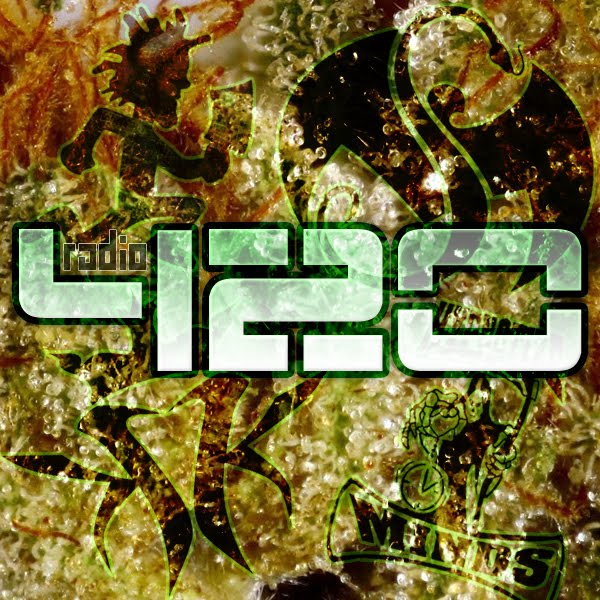Loading Stations...
Loading News...

Loading Stations...
Loading News...

Want to reach a dedicated audience of music lovers and cannabis enthusiasts? We offer competitive rates for ad placements within our app and on our streams.
Please contact our marketing team at advertise@radio420.net for more information on our packages and rates. We'd love to partner with you!
Radio 420 is a community-driven, online radio station dedicated to providing the best tunes for your session. We curate a wide variety of genres, from chill lo-fi beats to heavy metal, ensuring there's always something for every mood.
This application was developed to bring all of our content—live streams, playlists, news, and community chat—into one convenient place. Enjoy the vibes!
